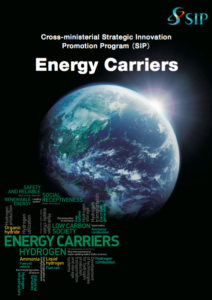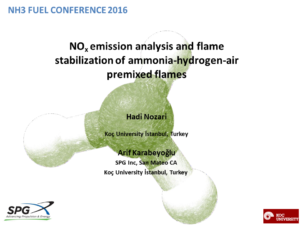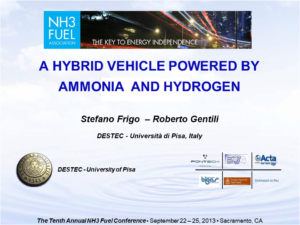Ammonia Turbine Power Generation with Reduced NOx
A common concern with ammonia fuel is that NOx emissions will be too high to control. However, in new research from Turkey, USA, and Japan, presented at this year's NH3 Fuel Conference in September 2016, two things became clear. First, NOx emissions can be reduced to less than 10ppm by employing good engineering design and exploiting the chemical properties of ammonia, which plays a dual role as both the fuel and the emissions-cleanup agent. Second, the deployment of ammonia-fueled turbines for power generation is not only feasible, but actively being developed, with demonstration units running today and improved demonstration projects currently in development.


